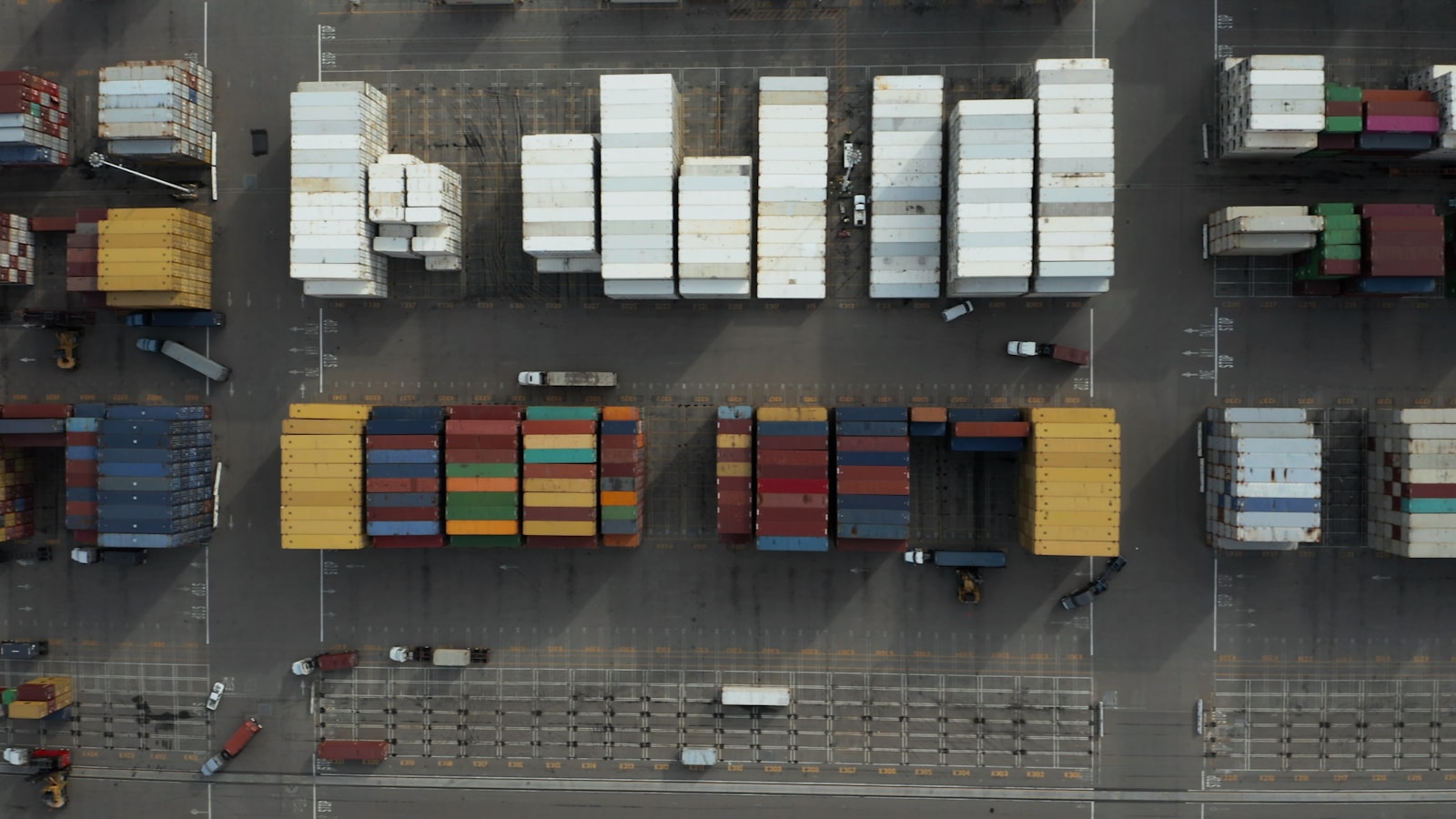Did you know that 90% of global trade is conducted via shipping? Yet, many first-time exporters and importers face costly mistakes that can be easily avoided. Navigating the complexities of freight forwarding can be daunting, but with the right knowledge, you can ensure your goods reach their destination smoothly and efficiently. In this post, we’ll explore the essential do’s and don’ts of freight forwarding to help you streamline your shipping process and avoid common pitfalls.
Do’s
Do Your Research on Freight Forwarders
Choosing the right freight forwarder is crucial. Look for companies with a proven track record, good customer reviews, and the necessary expertise in your specific industry. Ask for references and verify their credentials to ensure they can handle your shipping needs.
Example: A small electronics exporter selected a freight forwarder experienced in handling sensitive equipment, resulting in timely deliveries without any damage.
Do Ensure Proper Documentation
Accurate and complete documentation is vital for smooth customs clearance. Ensure all necessary documents, such as invoices, packing lists, and certificates of origin, are prepared correctly. Incomplete or incorrect documentation can lead to delays and additional costs.
Example: A clothing retailer avoided delays by double-checking all documentation requirements for each destination country before shipping.
Do Understand Customs Regulations
Customs regulations vary by country and can be complex. Familiarize yourself with the import and export regulations of both the origin and destination countries. Compliance with these regulations is essential to avoid fines, delays, and potential legal issues.
Example: An auto parts exporter successfully navigated the customs process by staying updated on regulation changes and seeking expert advice.
Do Get Insurance for Your Shipments
Insurance protects your goods against potential damage or loss during transit. While it may seem like an additional expense, it provides peace of mind and financial protection. Make sure to choose a policy that covers the full value of your goods.
Example: A furniture exporter’s shipment was damaged during transit, but having comprehensive insurance coverage allowed them to recover the full value of their goods.
Don’ts
Don’t Ignore the Importance of Packaging
Proper packaging is crucial to protect your goods from damage during transit. Use high-quality materials and consider the nature of your products when packing. Improper packaging can lead to damaged goods and unhappy customers.
Example: A food exporter experienced significant losses due to inadequate packaging that didn’t protect perishable items during shipping.
Don’t Underestimate the Cost of Shipping
Shipping costs can add up quickly, especially when considering factors like fuel surcharges, handling fees, and duties. Get detailed quotes from multiple freight forwarders and factor in all potential costs to avoid unpleasant surprises.
Example: An electronics importer mitigated unexpected costs by thoroughly understanding and budgeting for all shipping-related expenses upfront.
Don’t Forget to Track Your Shipments
Tracking your shipments allows you to monitor their progress and address any issues promptly. Most freight forwarders offer tracking services, so take advantage of them to stay informed and ensure timely delivery.
Example: A fashion retailer avoided stockouts by regularly tracking their shipments and adjusting their inventory management accordingly.
Don’t Overlook the Importance of Communication
Maintain clear and consistent communication with your freight forwarder, suppliers, and customers. Timely updates and transparency can prevent misunderstandings and ensure everyone is on the same page.
Example: A pharmaceutical company avoided delays by maintaining regular communication with their freight forwarder, ensuring all parties were aware of shipment statuses and any potential issues.
By following these do’s and don’ts, you can ensure a smoother, more efficient freight forwarding process. From selecting the right freight forwarder to understanding customs regulations, these tips will help you avoid common pitfalls and optimize your shipping operations.
Ready to simplify your shipping process? Book a 30-min consultation with our experts today and get personalized advice on international trade laws and policies. Our team is here to help you navigate the complexities of the trade industry and ensure your business thrives in the global market.

